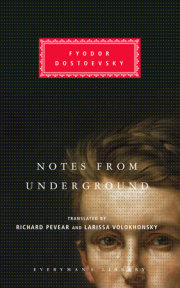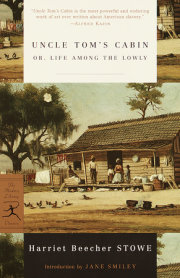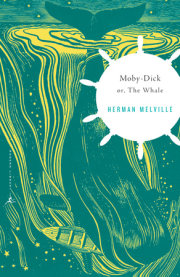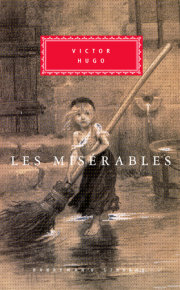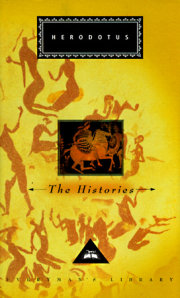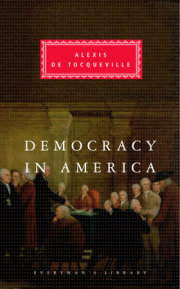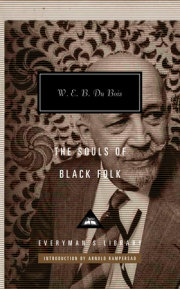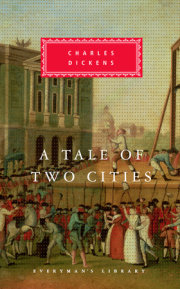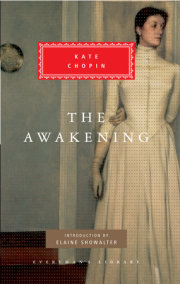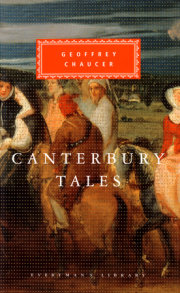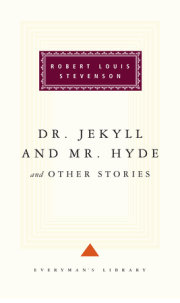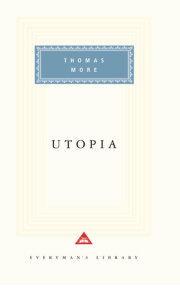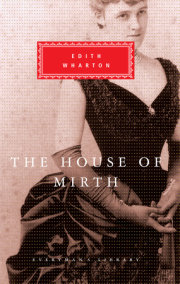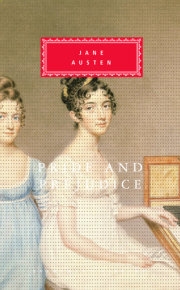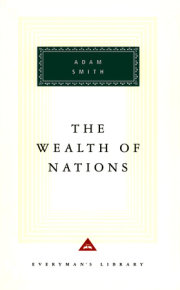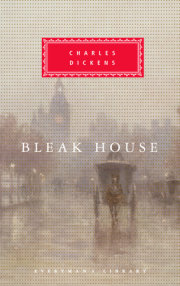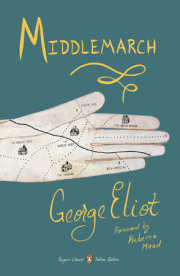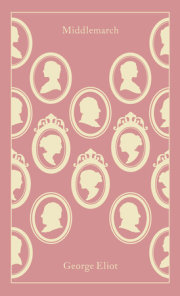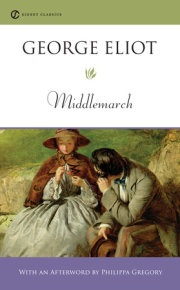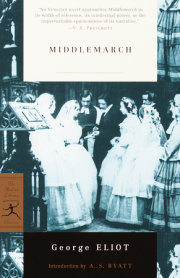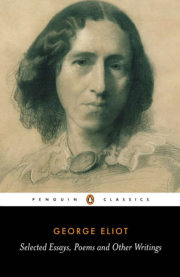Book I
The Spoiled Child Chapter I
Men can do nothing without the make-believe of a beginning. Even Science, the strict measurer, is obliged to start with a make-believe unit, and must fix on a point in the stars’ unceasing journey when his sidereal clock shall pretend that time is at Nought. His less accurate grandmother Poetry has always been understood to start in the middle; but on reflection it appears that her proceeding is not very different from his; since Science, too, reckons backwards as well as forwards, divides his unit into billions, and with his clock-finger at Nought really sets off in medias res. No retrospect will take us to the true beginning; and whether our prologue be in heaven or on earth, it is but a fraction of that all-presupposing fact with which our story sets out.
Was she beautiful or not beautiful? and what was the secret of form or expression which gave the dynamic quality to her glance? Was the good or the evil genius dominant in those beams? Probably the evil; else why was the effect that of unrest rather than of undisturbed charm? Why was the wish to look again felt as coercion and not as a longing in which the whole being consents?
She who raised these questions in Daniel Deronda’s mind was occupied in gambling: not in the open air under a southern sky, tossing coppers on a ruined wall, with rags about her limbs; but in one of those splendid resorts which the enlightenment of ages has prepared for the same species of pleasure at a heavy cost of gilt mouldings, dark-toned colour and chubby nudities, all correspondingly heavy—forming a suitable condenser for human breath belonging, in great part, to the highest fashion, and not easily procurable to be breathed in elsewhere in the like proportion, at least by persons of little fashion.
It was near four o’clock on a September day, so that the atmosphere was well-brewed to a visible haze. There was deep stillness, broken only by a light rattle, a light chink, a small sweeping sound, and an occasional monotone in French, such as might be expected to issue from an ingeniously constructed automaton. Round two long tables were gathered two serried crowds of human beings, all save one having their faces and attention bent on the tables. The one exception was a melancholy little boy, with his knees and calves simply in their natural clothing of epidermis, but for the rest of his person in a fancy dress. He alone had his face turned towards the doorway, and fixing on it the blank gaze of a bedizened child stationed as a masquerading advertisement on the platform of an itinerant show, stood close behind a lady deeply engaged at the roulette-table.
About this table fifty or sixty persons were assembled, many in the outer rows, where there was occasionally a deposit of new comers, being mere spectators, only that one of them, usually a woman, might now and then be observed putting down a five-franc piece with a simpering air, just to see what the passion of gambling really was. Those who were taking their pleasure at a higher strength, and were absorbed in play, showed very distant varieties of European type: Livonian and Spanish, Græco-Italian and miscellaneous German, English aristocratic and English plebeian. Here certainly was a striking admission of human equality. The white bejewelled fingers of an English countess were very near touching a bony, yellow, crab-like hand stretching a bared wrist to clutch a heap of coin—a hand easy to sort with the square, gaunt face, deep-set eyes, grizzled eyebrows, and ill-combed scanty hair which seemed a slight metamorphosis of the vulture. And where else would her ladyship have graciously consented to sit by that dry-lipped feminine figure prematurely old, withered after short bloom like her artificial flowers, holding a shabby velvet reticule before her, and occasionally putting in her mouth the point with which she pricked her card? There too, very near the fair countess, was a respectable London tradesman, blond and soft-handed, his sleek hair scrupulously parted behind and before, conscious of circulars addressed to the nobility and gentry, whose distinguished patronage enabled him to take his holidays fashionably, and to a certain extent in their distinguished company. Not his the gambler’s passion that nullifies appetite, but a well-fed leisure, which in the intervals of winning money in business and spending it showily, sees no better resource than winning money in play and spending it yet more showily—reflecting always that Providence had never manifested any disapprobation of his amusement, and dispassionate enough to leave off if the sweetness of winning much and seeing others lose had turned to the sourness of losing much and seeing others win. For the vice of gambling lay in losing money at it. In his bearing there might be something of the tradesman, but in his pleasures he was fit to rank with the owners of the oldest titles. Standing close to his chair was a handsome Italian, calm, statuesque, reaching across him to place the first pile of napoleons from a new bagful just brought him by an envoy with a scrolled mustache. The pile was in half a minute pushed over to an old bewigged woman with eye-glasses pinching her nose. There was a slight gleam, a faint mumbling smile about the lips of the old woman; but the statuesque Italian remained impassive, and—probably secure in an infallible system which placed his foot on the neck of chance—immediately prepared a new pile. So did a man with the air of an emaciated beau or worn-out libertine, who looked at life through one eye-glass, and held out his hand tremulously when he asked for change. It could surely be no severity of system, but rather some dream of white crows, or the induction that the eighth of the month was lucky, which inspired the fierce yet tottering impulsiveness of his play.
But while every single player differed markedly from every other, there was a certain uniform negativeness of expression which had the effect of a mask—as if they had all eaten of some root that for the time compelled the brains of each to the same narrow monotony of action.
Deronda’s first thought when his eyes fell on this scene of dull, gas-poisoned absorption was that the gambling of Spanish shepherd-boys had seemed to him more enviable:—so far Rousseau might be justified in maintaining that art and science had done a poor service to mankind. But suddenly he felt the moment become dramatic. His attention was arrested by a young lady who, standing at an angle not far from him, was the last to whom his eyes travelled. She was bending and speaking English to a middle-aged lady seated at play beside her; but the next instant she returned to her play, and showed the full height of a graceful figure, with a face which might possibly be looked at without admiration, but could hardly be passed with indifference.
The inward debate which she raised in Deronda gave to his eyes a growing expression of scrutiny, tending farther and farther away from the glow of mingled undefined sensibilities forming admiration. At one moment they followed the movements of the figure, of the arms and hands, as this problematic sylph bent forward to deposit her stake with an air of firm choice; and the next they returned to the face which, at present unaffected by beholders, was directed steadily towards the game. The sylph was a winner; and as her taper fingers, delicately gloved in pale-grey, were adjusting the coins which had been pushed towards her in order to pass them back again to the winning point, she looked round her with a survey too markedly cold and neutral not to have in it a little of that nature which we call art concealing an inward exultation.
But in the course of that survey her eyes met Deronda’s, and instead of averting them as she would have desired to do, she was unpleasantly conscious that they were arrested—how long? The darting sense that he was measuring her and looking down on her as an inferior, that he was of different quality from the human dross around her, that he felt himself in a region outside and above her, and was examining her as a specimen of a lower order, roused a tingling resentment which stretched the moment with conflict. It did not bring the blood to her cheeks, but sent it away from her lips. She controlled herself by the help of an inward defiance, and without other sign of emotion than this lip-paleness turned to her play. But Deronda’s gaze seemed to have acted as an evil eye. Her stake was gone. No matter; she had been winning ever since she took to roulette with a few napoleons at command, and had a considerable reserve. She had begun to believe in her luck, others had begun to believe in it: she had visions of being followed by a cortège who would worship her as a goddess of luck and watch her play as a directing augury. Such things had been known of male gamblers; why should not a woman have a like supremacy? Her friend and chaperon who had not wished her to play at first was beginning to approve, only administering the prudent advice to stop at the right moment and carry money back to England—advice to which Gwendolen had replied that she cared for the excitement of play, not the winnings. On that supposition the present moment ought to have made the flood-tide in her eager experience of gambling. Yet when her next stake was swept away, she felt the orbits of her eyes getting hot, and the certainty she had (without looking) of that man still watching her was something like a pressure which begins to be torturing. The more reason to her why she should not flinch, but go on playing as if she were indifferent to loss or gain. Her friend touched her elbow and proposed that they should quit the table. For reply Gwendolen put ten louis on the same spot: she was in that mood of defiance in which the mind loses sight of any end beyond the satisfaction of enraged resistance; and with the puerile stupidity of a dominant impulse includes luck among its objects of defiance. Since she was not winning strikingly, the next best thing was to lose strikingly. She controlled her muscles, and showed no tremor of mouth or hands. Each time her stake was swept off she doubled it. Many were now watching her, but the sole observation she was conscious of was Deronda’s, who, though she never looked towards him, she was sure had not moved away. Such a drama takes no long while to play out: development and catastrophe can often be measured by nothing clumsier than the moment-hand. “Faites votre jeu, mesdames et messieurs,” said the automatic voice of destiny from between the mustache and imperial of the croupier: and Gwendolen’s arm was stretched to deposit her last poor heap of napoleons. “Le jeu ne va plus,” said destiny. And in five seconds Gwendolen turned from the table, but turned resolutely with her face towards Deronda and looked at him. There was a smile of irony in his eyes as their glances met; but it was at least better that he should have kept his attention fixed on her than that he should have disregarded her as one of an insect swarm who had no individual physiognomy. Besides, in spite of his superciliousness and irony, it was difficult to believe that he did not admire her spirit as well as her person: he was young, handsome, distinguished in appearance—not one of those ridiculous and dowdy Philistines who thought it incumbent on them to blight the gaming-table with a sour look of protest as they passed by it. The general conviction that we are admirable does not easily give way before a single negative; rather when any of Vanity’s large family, male or female, find their performance received coldly, they are apt to believe that a little more of it will win over the unaccountable dissident. In Gwendolen’s habits of mind it had been taken for granted that she knew what was admirable and that she herself was admired. This basis of her thinking had received a disagreeable concussion, and reeled a little, but was not easily to be overthrown.
In the evening the same room was more stiflingly heated, was brilliant with gas and with the costumes of many ladies who floated their trains along it or were seated on the ottomans.
The Nereid in sea-green robes and silver ornaments, with a pale sea-green feather fastened in silver falling backward over her green hat and light-brown hair, was Gwendolen Harleth. She was under the wing or rather soared by the shoulder of the lady who had sat by her at the roulette-table; and with them was a gentleman with a white mustache and clipped hair: solid-browed, stiff, and German. They were walking about or standing to chat with acquaintances; and Gwendolen was much observed by the seated groups.
Copyright © 2002 by George Eliot Introduction by Edmund White. All rights reserved. No part of this excerpt may be reproduced or reprinted without permission in writing from the publisher.
























